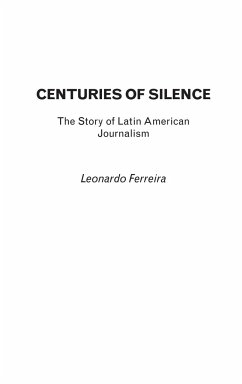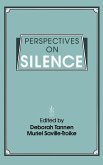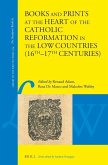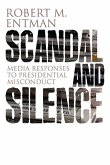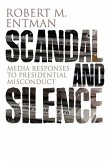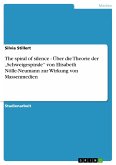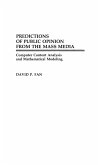The history of Latin American journalism is ultimately the story of a people who have been silenced over the centuries, primarily Native Americans, women, peasants, and the urban poor. This book seeks to correct the record propounded by most English-language surveys of Latin American journalism, which tend to neglect pre-Columbian forms of reporting, the ways in which technology has been used as a tool of colonization, and the Latin American conceptual foundations of a free press. Challenging the conventional notion of a free marketplace of ideas in a region plagued with serious problems of poverty, violence, propaganda, political intolerance, poor ethics, journalism education deficiencies, and media concentration in the hands of an elite, Ferreira debunks the myth of a free press in Latin America. The diffusion of colonial presses in the New World resulted in the imposition of a structural censorship with elements that remain to this day. They include ethnic and gender discrimination, technological elitism, state and religious authoritarianism, and ideological controls. Impoverished, afraid of crime and violence, and without access to an effective democracy, ordinary Latin Americans still live silenced by ruling actors that include a dominant and concentrated media. Thus, not only is the press not free in Latin America, but it is also itself an instrument of oppression.
Hinweis: Dieser Artikel kann nur an eine deutsche Lieferadresse ausgeliefert werden.
Hinweis: Dieser Artikel kann nur an eine deutsche Lieferadresse ausgeliefert werden.

